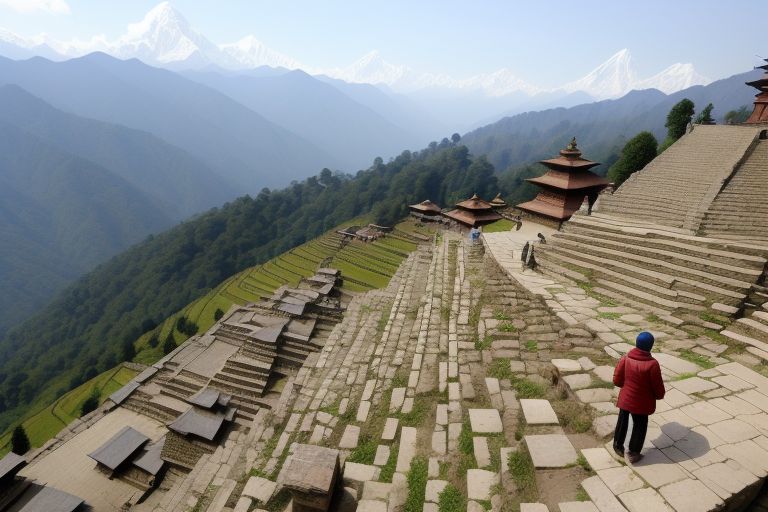The performance of Nepal’s economy is still plagued with some challenges as inflation rates are soaring high to hit the pockets of both the households and firms in Nepal. The tables prepared by the Nepal Rastra Bank depict that the yoy inflation rate was touching the peak of 7.26 % in September that is the highest level of inflation observed during the last two and half years. This has been occasioned by elevated food and beverage costs which were up by 9.02% to the similar period in the prior year.
Higher inflation is already affecting the people of Nepal most especially those at the lower strata of society. Ram Sharma, a shopkeeper in Kathmandu, expressed his concerns: It is amazing how the cost of everything is rising. My customers are buying less, and I heading to the funeral of my business.” This feeling is echoed throughout the country with parents struggling to making ends meet and provide for their families.
The authorities have recognised the gravity of the situation and are to develop actions plans to tackle the issues in the economy. Substantial measures that were recently unveiled by the Finance Minister Prakash Sharan Mahat included among others a bid to steady food prices as well as to enhance economic growth. This includes intent of local production, claims of supply chain integration and targeted subsidies to strategic commodities as well.
Still, critics suggest that such steps might not resolve the Nepalese problems fundamentally As Dr. Bishwambher Pyakuryal, an economist of distinction maintains that Nepal is a heavily import oriented economy as more than 50% of its balance of payment inflows come from migration. His view is that ‘certainly, we require sustained improvement in our external balances, but the essence of NEAR enabling change and structural reform to enhance the economy’s strength and self-sufficiency’.
The tourism industry, a backbone of Nepal is gradually coming back on track after the COVID-19 had a disastrous effect on the country. The Nepal Tourism Board reveals that international arrivals have increased by 70 percent in the current year compared to the previous year. This rise is assisting in rebuilding the economy but stakeholders in the manufacturing recap voluntary that the sector may not fully recover for the next few years.
It also affects the Nepalese agricultural sector, a main employer of the country’s population. Volatile weather conditions at one time blamed on global warming has lead to low crop yields in different parts of the country. It says the government will enhance support to farmers through implementation of proper irrigation methods and other modern farming practices.
Internationally, Nepal is trying to advance its economic diplomacy with neighboring countries. India talks in recent past have centred on the improvement of the bilateral trade and investment. In the same manner, discourse involving China has focused on infrastructural development projects under BRI – or the Belt and Road Initiative.
Even as Nepal confronts these economic issues, questions of development trajectory are increasingly being asked in the country. There are special instructions for sustainable and inclusive development approaches to be taken by some advocates. Sunita Basnet, a social activist, in her opinion, the development of the economy also says that all sectors of society have to enjoy the benefits.
The subsequent months will therefore be decisive for the Nepalese economy. Given the political campaign for the forthcoming general elections, political parties are now pitching their strategies to how they are willing to fix the country’s economic woes. The results of these elections would have serious consequences for the further development of the country’s economic initiatives and the process of its recovery.
All these issues remain a sad reality that the nation is facing; however, strength of Nepali people need not to be questioned. However, there is tremendous desire to counter the prevailing challenges and constructed a better future for Nepal.


